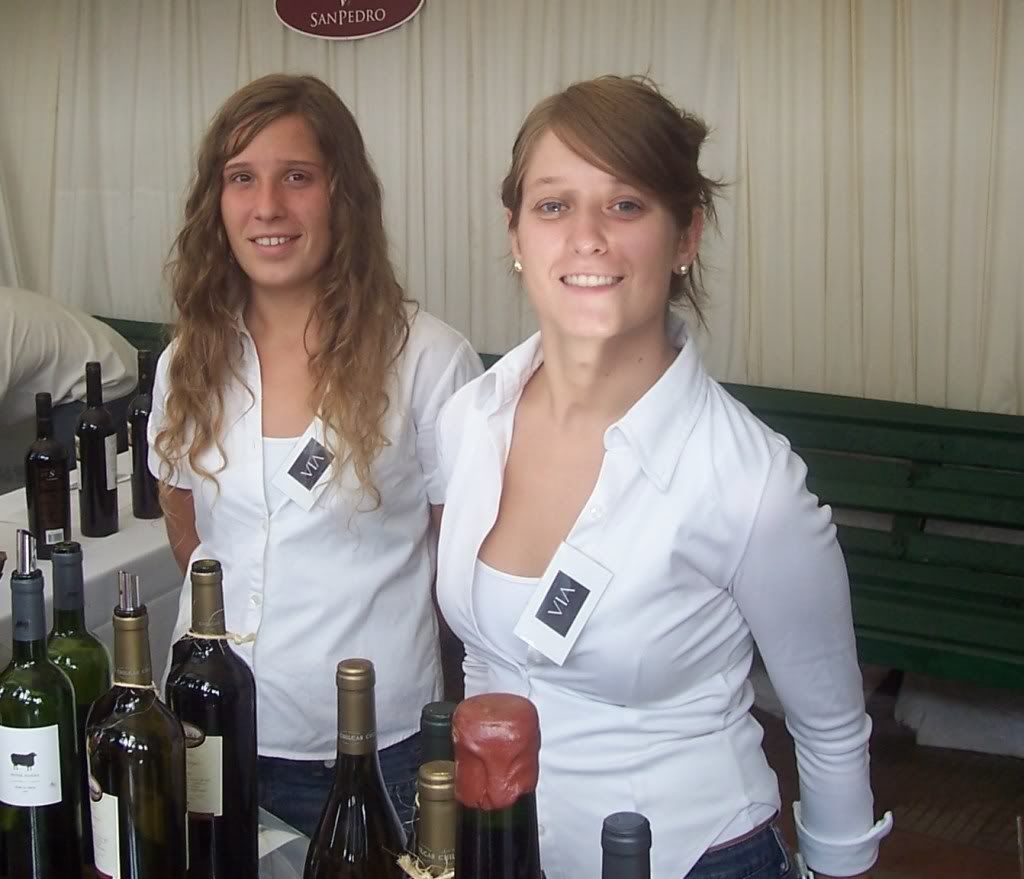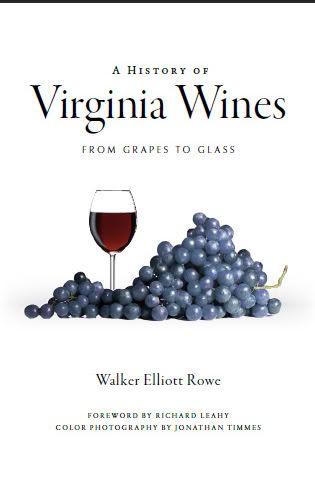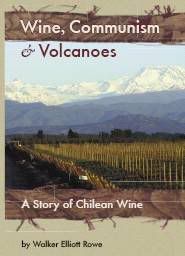
A History of Virginia Wines: From Grapes to Glass
ISBN: 978-1-59629-701-2 • Paperback • September 2009
By Walker Elliott Rowe
“A History of Virginia Wines: From Grapes to Glass” is a groundbreaking narrative of the burgeoning Virginia wine industry from an insider's point of view. Grape grower and winery investor Walker Elliott Rowe takes readers on a tour of some of the best vineyards and wineries in the state, and explores the minds of well-known winemakers like Jim Law, Stephen Barnard and grape grower Chris Hill. In addition, Mr. Rowe, who is fluent in Spanish, interviews Hispanic migrant workers who toil daily in Virginia’s vineyards. Mr. Rowe has gathered old photos and stitched together an account of the founding of the Virginia wine industry by researching and speaking directly with the founders of the trade, including an amusing look of the early days at Barboursville Vineyards. Through existing documents and new research, he uncovers proof that Charles Carter successfully planted European vines grapes at his Cleve Plantation in King George County ahead of Thomas Jefferson's failed efforts to do the same at Monticello. The book also includes 16 pages of brilliant color photographs by noted photographer Jonathan Timmes.”
Walker Elliott Rowe lives in Rappahannock County, where he farms goats and wine grapes. This is Mr. Rowe's third book on wine. To contact the author, visit his blog on local agriculture at rosewoodhillfarm.com.
If you would like to schedule an interview with the author, please contact Katie Parry at 843.577.5971, ext
113 or katie.parry@historypress.net
To place an order, please visit www.historypress.net, or call The History Press (866) 457-5971, or email salesteam@historypress.net.
Contact: Katie Parry, Publicist
843.577.5971, ext 113
katie.parry@historypress.net
The History Press, Inc.
18 Percy Street
Charleston, SC 29403
16 Front Street, Suite 202
Salem, MA 01970
www.historypress.net





